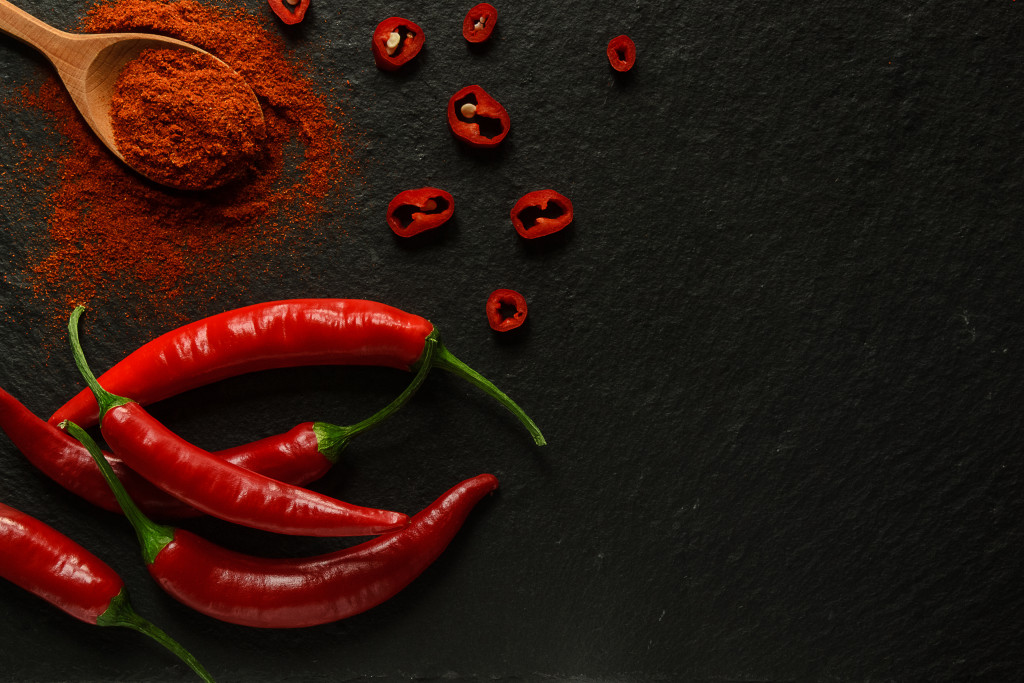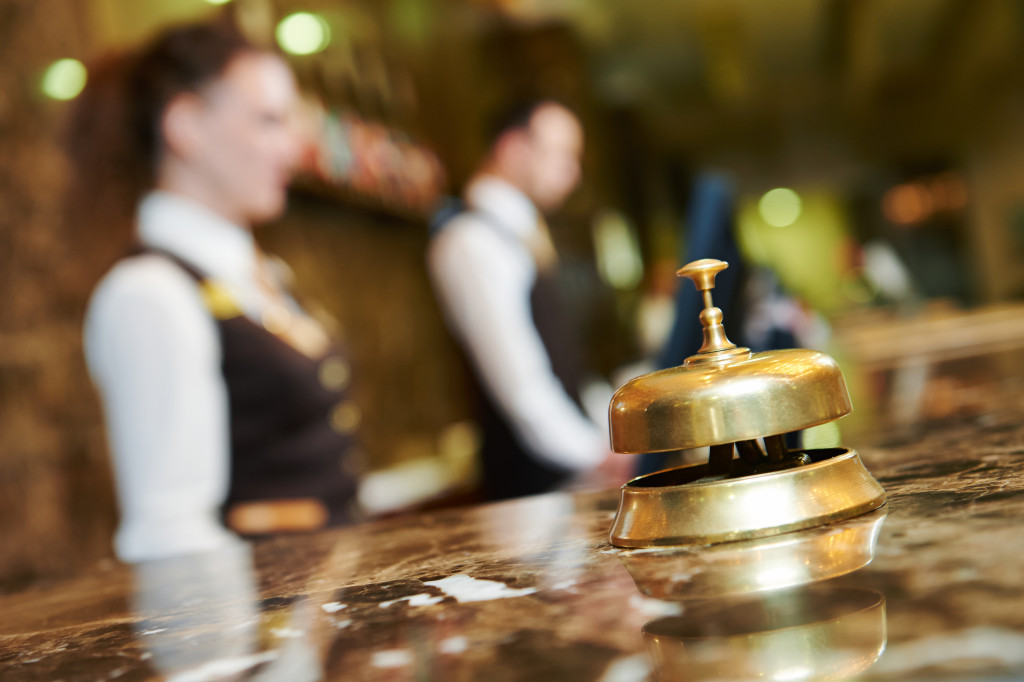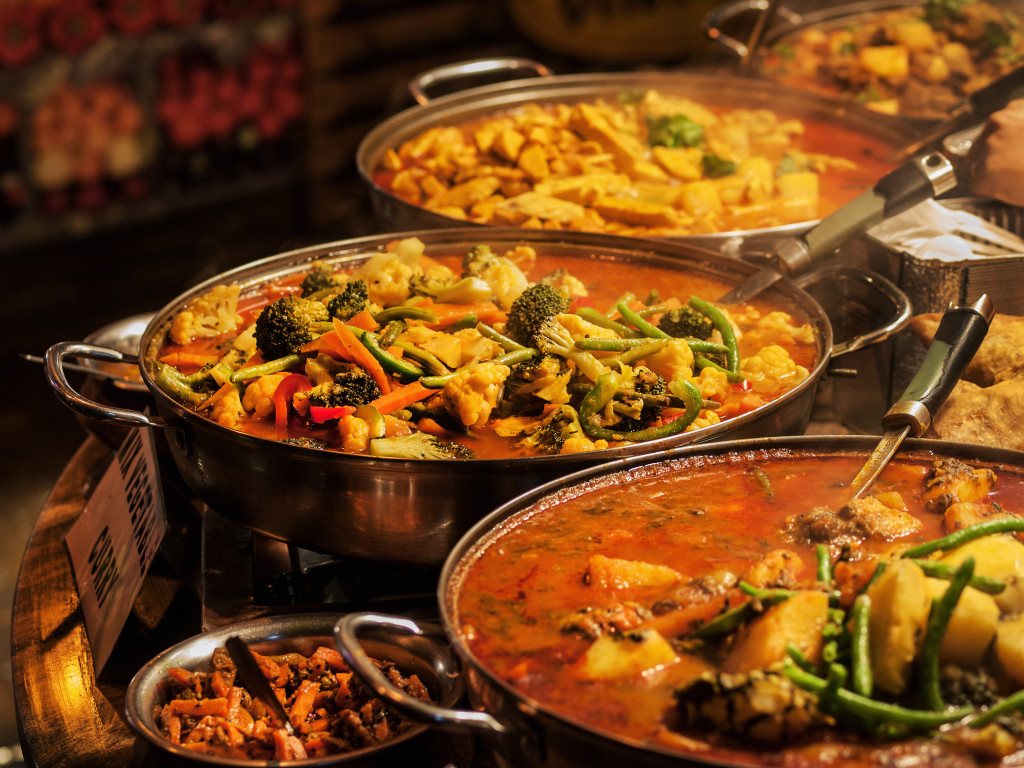• Research and plan your food itinerary before going to Asia. Use travel blogs, social media, and more.
• Ease into the spicy flavors of Asian cuisine – start with mild dishes and work your way up to spicier options.
• Bring essential medications such as antacids, anti-diarrhea, and rehydration solutions in case of stomach problems.
• Take care of your oral health by bringing sugar-free gum or mints for fresher breath after meals.
When traveling to a new destination, trying out local cuisine is always on top of the list. Asia is known for its diverse gastronomic scene, ranging from street food to fine dining. With this vast selection, preparing your palate and your body is essential to fully enjoy your food adventure. Here are a few tips to help you get the most out of your Asian food experience.
Research and plan your food itinerary.
Before jetting off to Asia, research what local dishes and delicacies are must-try in the countries you’ll be visiting. Discovering the best restaurants and food hotspots will make your experience even more enjoyable.
Use travel blogs and sites, as well as social media, to search for food recommendations from locals and food influencers. Plan your itinerary around your meals. Make reservations in advance for popular and exclusive dining experiences.
Ease into the spicy flavors.

Asian food is known for its spicy and intense flavors. For travelers who are not used to eating spicy food, try easing your way into it. Start with mild-spicy dishes and gradually build up your spice tolerance. Sipping on milk or eating non-spicy foods in between bites will help tone down the heat if you find yourself overwhelmed.
Bring essential medication.
To prepare for any stomach problems, it’s always best to pack necessary medications such as antacids, anti-diarrhea, and rehydration solutions. Make sure they’re readily accessible in your carry-on bag or daypack. Moreover, select food options that are freshly made and served hot. Try to avoid street vendors and unhygienic surroundings that may cause stomach issues.
Take care of your oral health.
The flavors of Asian cuisine can be quite acidic, especially with the use of vinegar and spicy sauces. To protect your teeth and gums, it’s best to bring sugar-free gum or mints for fresher breath after meals. Drinking plenty of water also helps in washing away food particles that may damage tooth enamel.
Additionally, you should visit a dentist before going on your food adventure to ensure your oral health is in top shape. A dentist can also identify any issue that might make eating difficult in your travels. For example, a dentist can provide all-on-4 tooth implants for those with missing teeth, so you can enjoy your food without any hassle. These implants will ensure that you can eat without worrying about shifting dentures or loose-fitting bridges.
Try new things.
When on an Asian food adventure, embrace the unfamiliar and try dishes you’ve never experienced before. But with so much on the menu, it can be hard to decide what to order. Here are a few tips to help you navigate the menu:
Ask your hotel staff or locals for their recommendations.

Asking your hotel’s staff or the locals in the area about their favorite dishes will help narrow down your options and make sure you have a positive experience. They may even be able to give you a few tips on how to pair certain dishes and condiments.
Take small bites.
When trying new flavors, it’s best to take small bites. This will give you a chance to savor each flavor and adjust your palette if it’s too spicy or sour. You can always ask for more if you like the dish.
Be open to the idea of having weird-looking ingredients.
When sampling exotic dishes, don’t let the appearance stop you from trying them. Take a chance and explore the unfamiliar flavors that come with them, as they can be surprisingly delicious!
Look out for locally-sourced ingredients and dishes made with traditional methods.
When in Asia, you’ll find a wide range of locally-grown fruits, vegetables, and herbs. Look out for ingredients that are not usually found in your home country. Traditional cooking methods can also help bring out the flavors of local produce, so don’t be afraid to ask about that too!
Be adventurous and dive into the food culture. You’ll be surprised at how many new flavors and textures you’ll discover.
Exploring Asian cuisine can be a truly rewarding experience. By following the tips above, you’ll have an enjoyable and safe food adventure that allows you to easily explore new flavors and textures. Whether it’s savoring traditional dishes or trying out exotic ingredients, don’t forget to take time to appreciate what Asia has to offer in terms of gastronomy!
Make sure your mouth is ready for this delicious journey by taking care of your oral health before traveling – visit a dentist if necessary. With these steps taken into consideration, there’s no doubt that your next trip will be filled with unforgettable culinary experiences!



